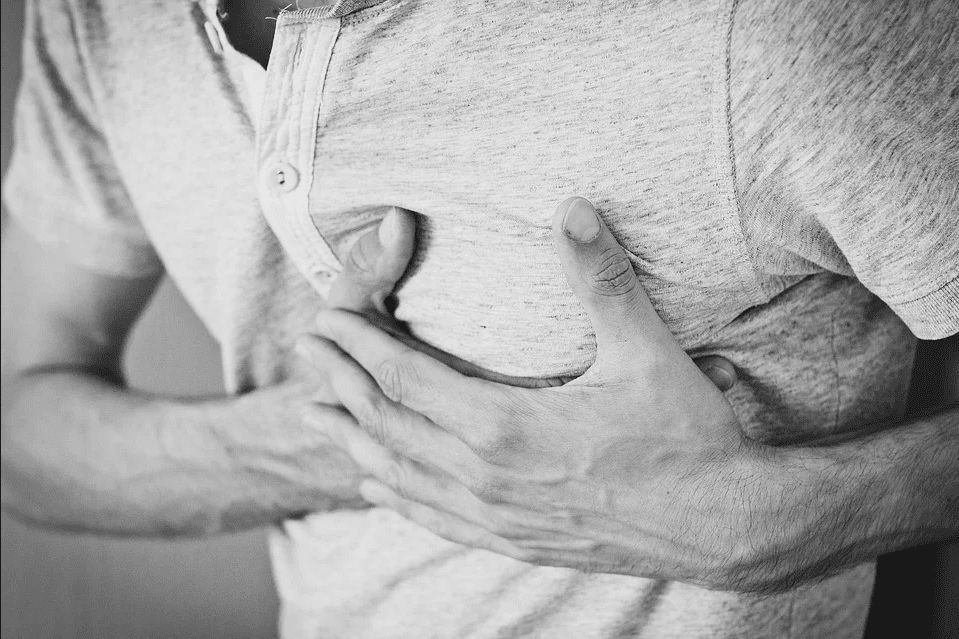Heart diseases account for nearly 630,000 deaths in the United States every year. It’s so frequent that every 40 seconds, at least one person will have a heart attack, and every minute, at least one person will die from heart related conditions.
The heart is an extremely complex organ with a challenging role to play in keeping us alive, so it comes as no surprise that there are many types of diseases that affect different parts of the organ in different ways. In this list, we’ll discuss 5 common heart diseases.
1. Congenital Heart Disease
Congenital heart disease is a birth defect that could range from a small hole in the heart to something more severe. Most of these diseases can be treated with surgery. Doctors will often diagnose these problems during pregnancy but you may not experience any symptoms until you reach adulthood, in some cases, you may not experience them at all.
There are several types of congenital heart diseases including
- heart valve defects where some valves are too narrow or closed
- bad connections with blood vessels that don’t carry blood to right parts of the body
- issues with the heart’s muscle itself where it is unable to pump as efficiently as it should
2. Coronary Artery Disease (CAD)
Coronary artery disease is a condition that describes the state of arteries when they become too narrow to supply blood and oxygen to the heart. CAD often develops due to a build-up of cholesterol (and other waste products from cells) on the artery walls, creating plaque. This plaque can obstruct blood flow and cause debilitating health problems.
If plaque breaks off or rupture, platelets will start to cluster around the area to repair the blood vessel. This can easily block the artery and block the flow of blood, which can lead to a heart attack.
3. Heart Arrhythmia
Heart arrhythmia develops when the heart is unable to regulate electrical impulses that coordinate heartbeats, causing it to beat too fast or too slow. In some cases, heart arrhythmia is harmless and may feel like a minor inconvenience. However, in more severe cases, heart arrhythmia may require urgent medical attention if the patient has other diseases that could exacerbate their condition.
4. Dilated Cardiomyopathy
This life-threatening condition develops when the left ventricle becomes too enlarged to keep blood flowing. If not treated in time, the heart muscle walls gradually weaken and won’t be able to pump as effectively. This also causes the kidneys to retain more sodium and fluid which builds up in the ankles, legs, lungs, feet, and other organs.
5. Pulmonary Stenosis
Pulmonary stenosis is a condition that develops when the pulmonary valve becomes too narrow and rigid to support regular blood flow. When this happens, the right ventricle responds by working harder to eject blood into the pulmonary artery and gradually thickens to compensate for the extra workload. This leads to a condition known as hypertrophy, which in of itself doesn’t pose much of a danger, but is an indication that it’s time for a specialist to intervene.
Regular checkups and good health practices can play an important role in preventing common heart conditions. Visit https://www.healthonemedicine.com or call 469-262-5762 to schedule an appointment with a physician at Health One Family Medicine.

